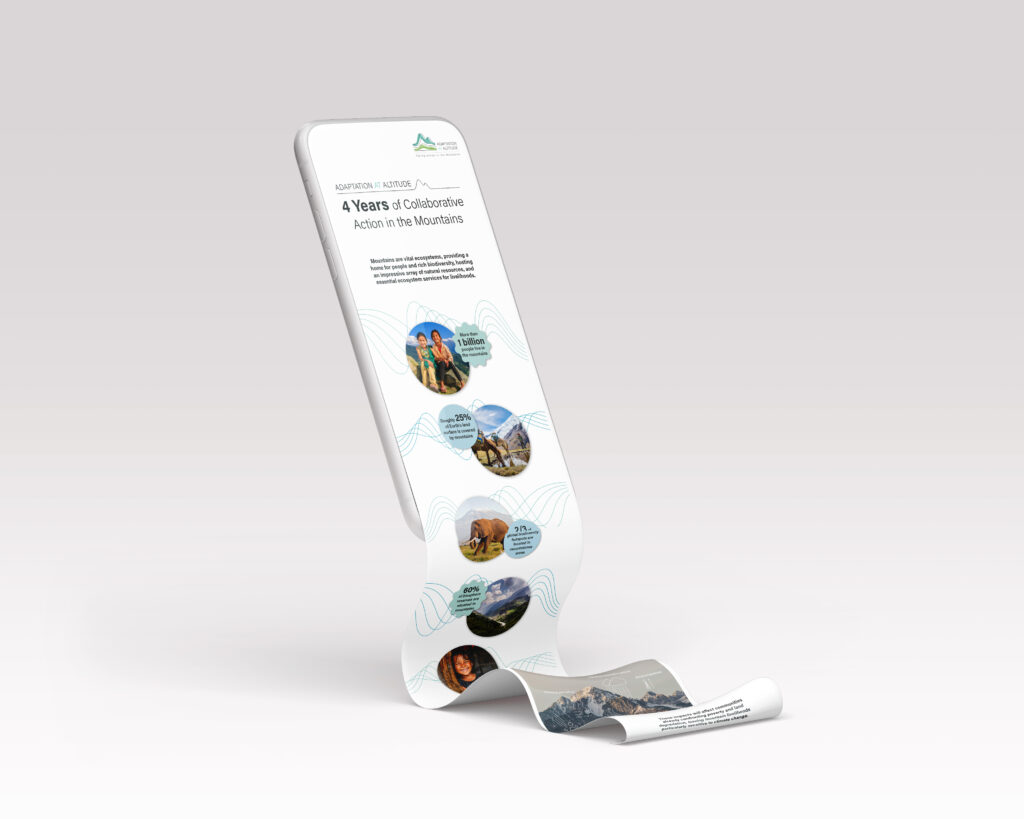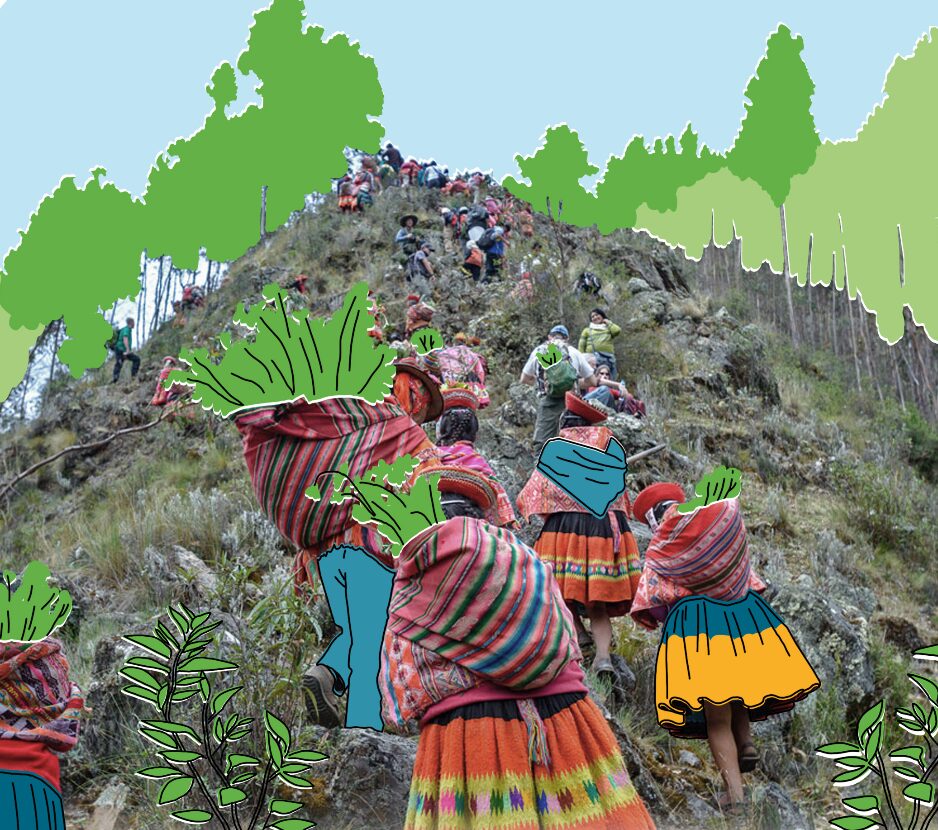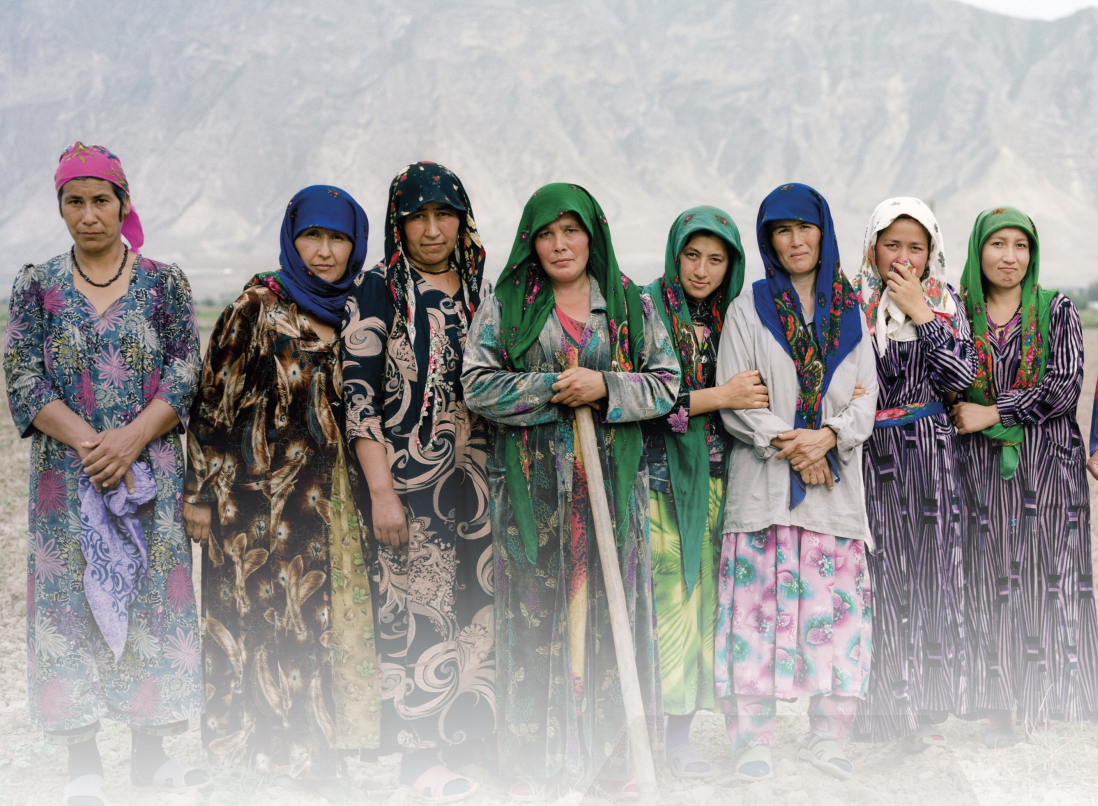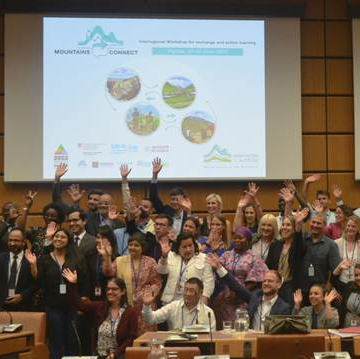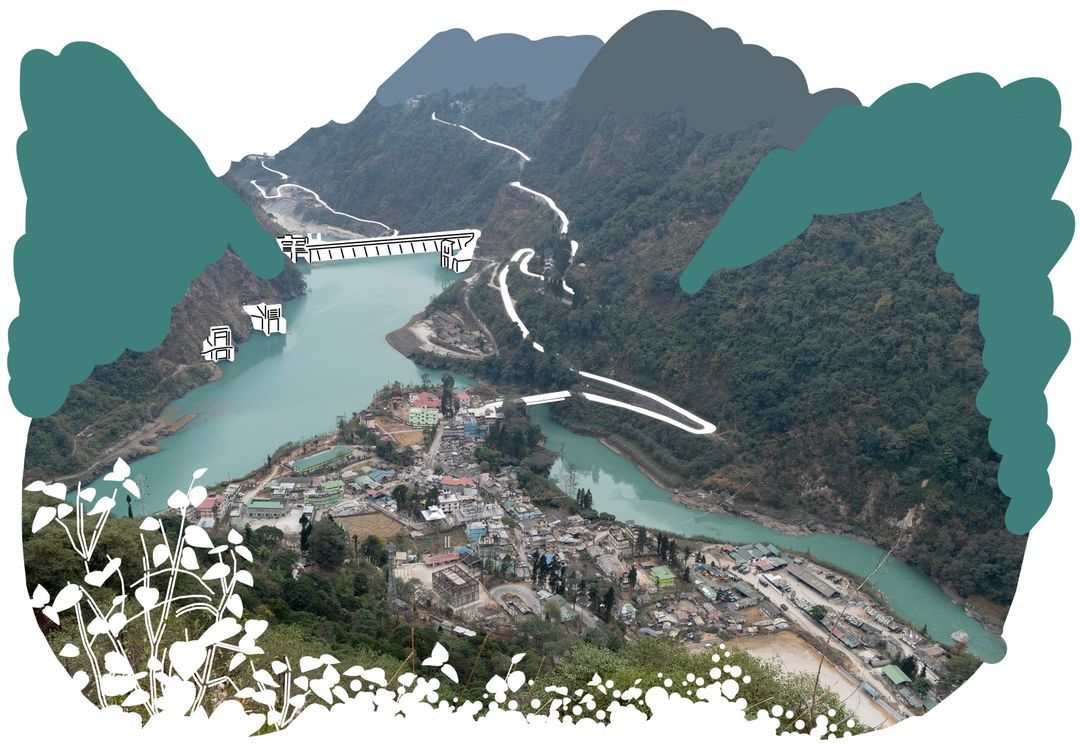University of Geneva (UNIGE)
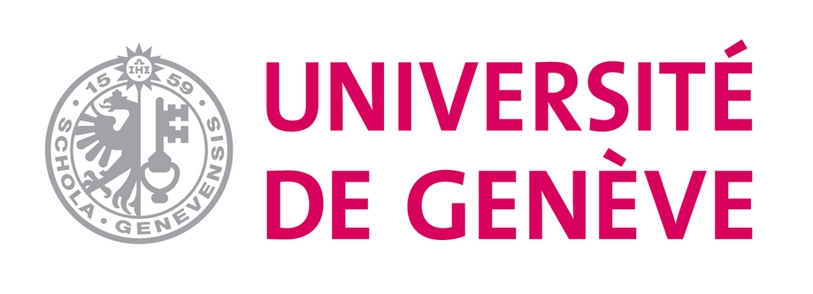
The University of Geneva (UNIGE) is dedicated to thinking, teaching, dialogue and research. With 16’500 students of more than 150 different nationalities, it is Switzerland’s second largest university. UNIGE offers more than 290 types of degrees and more than 280 Continuing Education programmes covering an extremely wide variety of fields: exact sciences, medicine, humanities, social sciences, law, etc. Its domains of excellence in research include life sciences (molecular biology, bio-informatics), physics of elementary particles, and astrophysics. UNIGE is also host and co-host to six National Centres of Competence in Research: PlanetS, SwissMap, Chemical Biology, Affective Sciences, Synaptic Bases of Mental Diseases and LIVES-Overcoming vulnerabilities in a life course perspective. Just like the city of Geneva itself, the university enjoys a strong international reputation, both for the quality of its research (it ranks among the top institutions among the League of European Research Universities) and the excellence of its education. This acclaim has been won in part due to its strong ties to many national and international Geneva-based organizations, such as the World Health Organization, the International Telecommunications Union, the International Committee of the Red Cross, and the European Organization for Nuclear Research.
Interfaculty centres and institutes particularly relevant to climate change adaptation:


